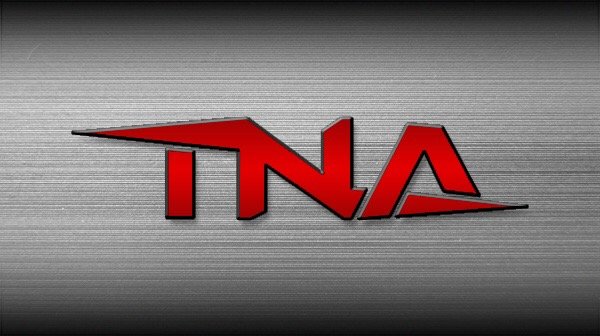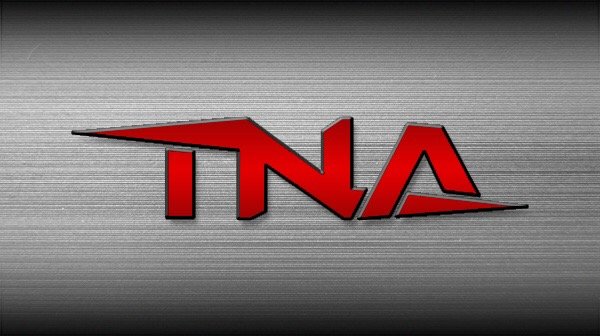
Former WWE and TNA creative writer Dave Lagana recently appeared on “The Ross Report” which you can listen to entirely at this link. Below are some interview highlights:
On How He Started with WWE:
It was “cold turkey,” but there’s an interesting past to follow. You know, when I went to Hollywood in 1996, or 1997, I had various jobs, like a kid talent agency; I worked at a laserdisc firm, but then I was working at a literary agency, and one of the clients was named Howard Gewirtz, the Uncle of Brian Gewirtz, but this wasn’t what lead me there. I was then working on a sitcom with Alfred Molina called, “Ladies Man,” and worked with a guy named Andy Gregg, who was best friends with Brian Gewirtz. Andy was previously hired with WWE, he was a real tall guy who was nicknamed, “Andy the Giant.” He had a 3 month run in creative at the time, and now works for the NFL Network. He was my PA on a sitcom I was working on, and he told me that Brian was interested in me; although, during that time period I kept applying. I kept sending faxes, because that was what you did in 2001 was send faxes. So, basically knowing Brian Gewirtz didn’t get me there; I basically kept faxing my resume and applied. It also helped that I had the Friends credit, and had a lot of Hollywood experience, which was what they were looking for at the time, but I think it helped me that I was a big wrestling fan, and studied the history and really kind of knew enough what I was getting myself into and not being caught with my pants down.
On His First Assignment with WWE:
My very first assignment was at No Way Out 2002, I literally showed up in Milwaukee. It was when the nWo started, and I was sent to find Kevin Dunn, to get a copy of the Sunday Night Heat format, and Vince [McMahon] and Brian to go over the show. Kevin looked at me like, oh God, here’s another “new one.” I was sent to get it and make copies. Of course the copy machine did not want to be my friend that day, and that was the illustrious start to my WWE career.
On Whether or Not the Business is Struggling Because of the Lack of Reality in Pro Wrestling:
I think it’s really all about characters. I think in the last year, when we were doing Impact, we spent a lot of time on characters, and their story and their journeys. What is sort of lacking now is lack of character, and stories and journeys where we have these stories in all of us, we all have these twists and turns. We all have these ups and downs that make us better people. Right now, I feel that in Pro Wrestling, when a character is down, it doesn’t bother them, they just go to the next day, like finding those moments is what is missing, and letting them resonate and allowing the audience to completely understand and feel for the character, both good and bad. I think sometimes that gets left aside because there are three hours of Monday and two hours on the next day for Smackdown, and I feel like they just try to get these segments in. You know, I’ve done it for over fifteen years, and it is a grind, and when you sit and write the number of hours you produce content for, it is really hard. In Hollywood, a writer takes a year to make a two hour movie. When we were writing, my partner and I, Matt Conway, were walking in on October with a pay per view and ten Impacts. We had four weeks to put them all together, so there’s a time crunch. Ultimately, I believe it’s about stories, as I feel it is lacking sometimes now. You think about any story on a television show, the most important part is allowing the character to resonate with the audience.
On His Favorite Storyline in WWE When He Was Writing the Show:
My first year I was under the learning tree of Paul Heyman; writing shows at 3 in the morning while Paul was ready to work. I remember just telling that story while I was in Minnesota this weekend to a common friend of Paul and I’s. During that period you get ready for anything. It was also during that period when Paul was sent home the first time that I really kind of the time I worked with Bruce Prichard. It was sort of the ascension of John Cena. During that time, John had some struggles in trying to get over. We had started the rap character at first. It was good, but it hadn’t caught onto having that edge yet. We started an angle with Brock Lesnar, where Brock took his knee out from going to being a comedy/rap character to really being vindictive. It’s kind of funny now, in that character, with those videos he made would be viral hits as he was doing raps about Brock at various locations, promising to eviscerate him in many of his raps. Like that period, when John went from being mid-level, or low-level heel comedy character, and in six months becoming the #3, #2 babyface on the Smackdown side. He was only a heel for less than one year, but that ascension of a heel turned out to be a short period as he hasn’t been a heel for over 13 years. That one period set him up. It was that work I had the privilege of working with John that really showed that if you are committed to allowing him to be him, and allowing him to ascend, because he was able to work with Brock, worked with the Undertaker, and worked with Kurt Angle, that allowed him to become consistent and not turn the lights out from over him.
To listen to this entire podcast, including an interview with Kenny Omega, subscribe to Podcast One.





